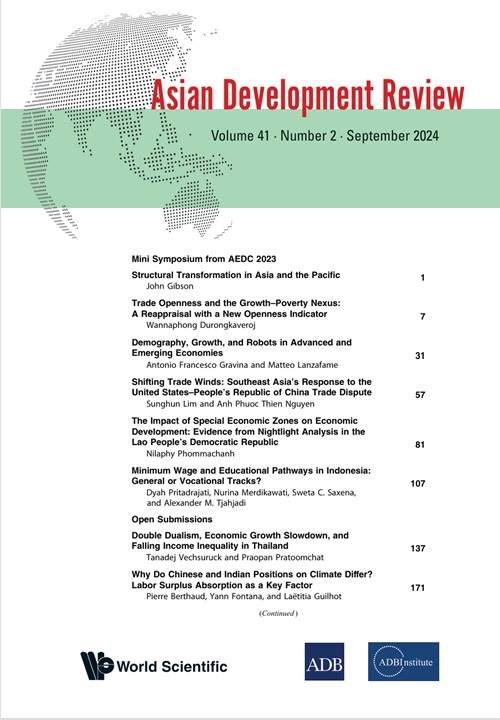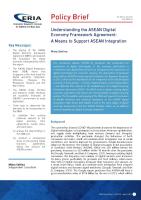Minimum Wage and Educational Pathways in Indonesia: General or Vocational Tracks?
 Download (293 KB)
Download (293 KB)
Publication Type:
Publisher:
Asian Development Bank (ADB)
Publication:
September 2024
This study investigates the relationship between minimum wage policies and educational choices, specifically the decision between vocational and general school enrollment.
Minimum wage policy may have broader implications beyond its primary goal of enhancing the livelihoods of low-wage workers.
While higher minimum wages often attract students to vocational education as a faster route to employment, an analysis of Indonesia Family Life Survey data finds little evidence of increased enrollment in vocational education. This suggests that hikes in the minimum wage are unlikely to divert students away from general education.
This paper reveals notable heterogeneity, showing that an increase in the minimum wage is associated with a statistically significant reduction in the likelihood of men and individuals in rural areas to opt for vocational education. These findings underscore the critical need for Indonesia to revitalize its vocational education system, striking a balance between general and vocational pathways to equip its workforce with the skills required for a rapidly changing environment.
The working paper was originally published on the Asian Development Review.
Contents
- Introduction
- Background Context
- Data and Methodology
- Results and Analysis
- Concluding Remarks

